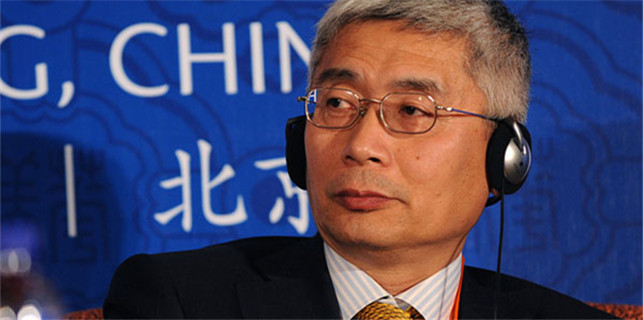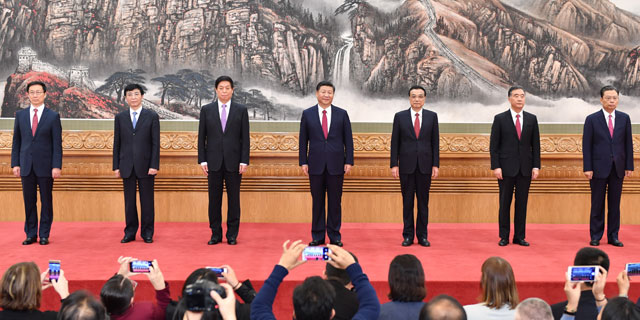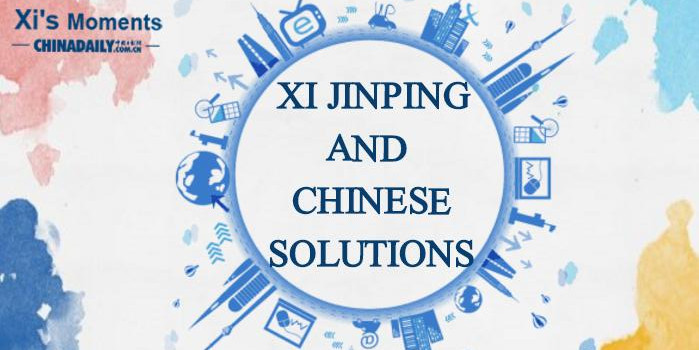Prudently moving forward in new era
Despite the great achievements the just-concluded 19th National Congress of the Communist Party of China made and the enthusiastic public response it drew, it is very important to remember that General Secretary Xi Jinping stressed the fact that China is still and will long remain in the primary stage of socialism has not changed, and its status as the world's largest developing country, too, has not changed.
The first "has not changed" refers to China's overall situation at the current stage, based on the country's socio-economic development, and the second means it has started seeing its role in comparison to its counterparts.
The term "primary stage of socialism" refers to a stage that China must go through given its relatively low productivity and still developing commodity economy in the pursuit of modernization. According to Xi's report, toward "the middle of the 21st century, we will, building on having basically achieved modernization, work hard for a further 15 years and develop China into a great modern socialist country that is prosperous, strong, democratic, culturally advanced, harmonious, and beautiful". Which could mean China will remain in the primary stage of socialism till about 2050.
China's economic growth has maintained medium-to-high speed and contributes more than 30 percent to global economic growth. But that does not change the fact that China is still the most populous country, its per capita GDP is comparatively low, and it still has to lift some impoverished people out of poverty. That's one of the reasons why Xi emphasized that ensuring and improving people's livelihoods are very important issues.
Calm awareness of these realities will help China to formulate the right economic and social policies, so as to ensure people lead a happy and fulfilling life in the long run.
Xi's judgment that China's global status is still that of the world's largest developing country is right, as a country should define its national interests according to its position of strength, and then formulate and/or adjust its foreign policy to "advance with the times".
On the one hand, China, the world's second-largest economy, needs to take more active part in international affairs, shoulder greater responsibilities, and cash in on the opportunities and meet the challenges. On the other, it should recognize that its national capacity still has limits and, hence, it should not overdraw on it. An imprudent strategy could hurt the interests of the Chinese nation and people, even jeopardize the foundation laid during the past almost four decades of reform and opening-up. So China has to carefully evaluate its national strength and global status, and accordingly draft and execute its policies.
Only in this way will China be able to avoid strategic missteps-of pursuing extravagant goals or shouldering responsibilities that cannot be fulfilled despite the exhaustive use of resources and energy; and of failing to seize the opportunities to advance its global role or offer public goods and services and be condemned by the international community.
And that is precisely why Xi emphasized the term "has not changed", a scientific judgment that stems from China's existing national reality. Therefore, we should adhere to his judgment and use it as the fundamental basis to formulate policies and strategies.
The author is a research fellow at the Charhar Institute and China Institute of Fudan University.
















